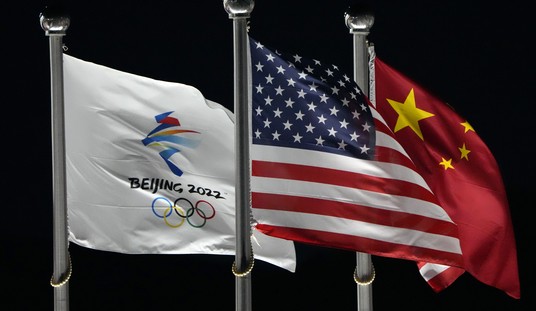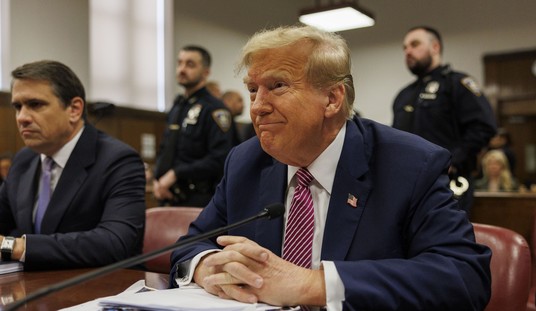The panic-inducing artificial-shortage bargains got rolled out on Friday morning, and in some cases on Thanksgiving evening. The workers showed up, ready for their toughest day of the year. Millions of shoppers, though, stayed well away from the Black Friday insanity, resulting in an 11% drop in sales from the same event in 2013:
Even after doling out discounts on electronics and clothes, retailers struggled to entice shoppers to Black Friday sales events, putting pressure on the industry as it heads into the final weeks of the holiday season.
Spending tumbled an estimated 11 percent over the weekend, the Washington-based National Retail Federation said yesterday. And more than 6 million shoppers who had been expected to hit stores never showed up.
Consumers were unmoved by retailers’ aggressive discounts and longer Thanksgiving hours, raising concern that signs of recovery in recent months won’t endure. The NRF had predicted a 4.1 percent sales gain for November and December — the best performance since 2011. Still, the trade group cast the latest numbers in a positive light, saying it showed shoppers were confident enough to skip the initial rush for discounts. …
Consumer spending fell to $50.9 billion over the past four days, down from $57.4 billion in 2013, according to the NRF. It was the second year in a row that sales declined during the post-Thanksgiving Black Friday weekend, which had long been famous for long lines and frenzied crowds.
Let’s put those figures in perspective. The $6.5 billion decline in sales is just a little less than twice as much as the supposedly obscene amount of money spent in the midterm elections ($3.67 billion) — at all levels. The full amount of purchases from the one-day Black Friday 2014 event is 13.9 times what was spent on the elections over the entire year. It’s slightly less than what Americans spent on Halloween.
Still, an 11% decline is pretty steep, and might be taken as a harbinger of a bad Christmas season — if retailers hadn’t been undermining their own event for the past few weeks. Not only have shoppers wised up about the nature of one-day deals in a four-week “marathon” of consumerism, but retailers have made the marathon even longer by starting earlier … and not just on the night of Thanksgiving:
Indeed, shoppers looking for discounts throughout November would have had no trouble finding them. Wal-Mart made price cuts on 20,000 items, including many in-demand holiday gifts, on Nov. 1. Target had a “Black Friday” event Nov. 10 that gave customers a chance to nab its deals early. And a slew of stores, including Toys R Us, Disney Store and Kate Spade Saturday started their sales several days before Thanksgiving.
As fewer shoppers hit the stores, they also spent less money. The NRF found that the average shopper spent $380.95 this year, down 6.4 percent from $407.02 in 2013.
The NRF thinks the decline is related to the early onslaught of promotions. With the deals spread out over a longer period, Shay said, there was less incentive to fill the shopping cart to the brim during the holiday weekend.
If people find good deals before Thanksgiving, they’ll be a lot more inclined to take advantage of them at the moment rather than enter the Thunderdome on the day after Thanksgiving, especially given the contrivances and artificial shortages that would force them into the lines early in the morning. If Black Friday is dying, as some early data suggested, it’s because retailers themselves are making the day less relevant. It may also be because die-hard discount shoppers know they can get the same deals or better by holding out to the end:
“Shoppers have changed the way in which they view exclusive deals,” NRF chief executive Matthew Shay said during a conference call with reporters. “They have this expectation that they’re going to be here all the time.” …
“Every day is going to be Black Friday, every minute is going to be Cyber Monday,” Shay said. “You can’t let up for a minute.”
Shoppers are wising up, and retailers will get a little more competitive as a result. That doesn’t make Black Friday a dud, but in a couple of more years, it might become an irrelevant measure — and perhaps an object lesson in desensitizing consumers after repeated panic tactics. One can only cry “Wolf!” or “Limited supply!” so often before losing all credibility.








Join the conversation as a VIP Member